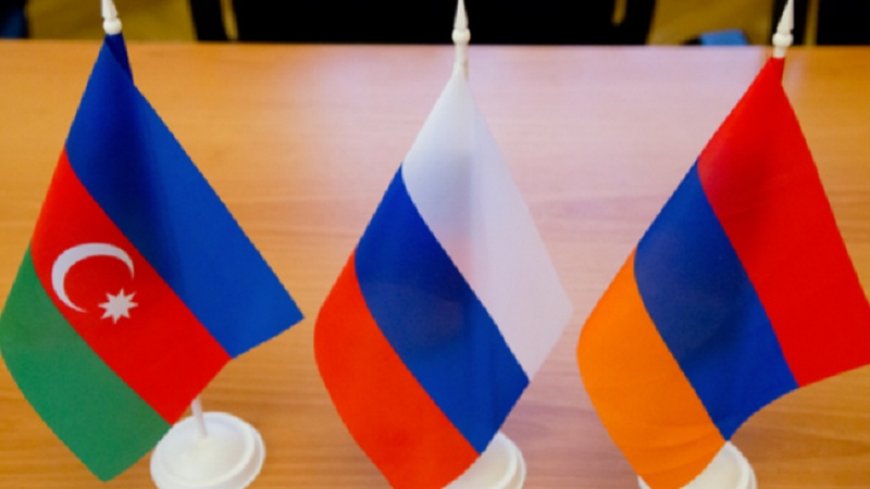Armenia-Azerbaijan, next round of negotiations in Moldova
Armenia-Azerbaijan, next round of negotiations in Moldova

Armenia seems ready to make concessions to Azerbaijan in Nagorno-Karabakh: the preliminary negotiations to date have been held in different places and with different mediators, in the East and in the West. A possible peace treaty is being discussed as Armenian Prime Minister Nikol Pashinyan and Azerbaijani Ilham Aliyev met in Moscow a few days ago.
In the Russian capital before Russian President Vladimir Putin, on the occasion of a meeting of the Eurasian Economic Union (which has decided to further encourage payments in national currencies instead of dollars), the rival leaders tried to take a step forward, even respective atavistic claims, but with a substantial novelty: Pashinian and Aliyev have spoken openly of progress towards a solution to the long dispute. In the background remains Armenian anger over Baku's move to prevent Armenian access to Nagorno-Karabakh. Pashinian said the actions had caused a humanitarian crisis by closing the only land route from Armenia to the region, a charge Aliyev denied. But a new chapter compared to the conflict that broke out in 2020 in which almost 7,000 soldiers were killed on both sides.
Why the opening of this hole? Meanwhile, Aliyev's stance should be remembered, who said he was optimistic about the possibility of reaching a peace agreement, "considering that Armenia has formally recognized Karabakh as part of Azerbaijan", adding that Azerbaijan has no territorial claims about Armenia. Pashinyan spoke of good progress with new relations based on mutual recognition of territorial integrity. Previously, a summit was hosted in Brussels by the President of the European Council Charles Michel, under the diplomatic umbrella of those who, the US and the EU, are pressing to negotiate a peace agreement. It seems clear that the Western diplomatic effort in the Caucasus has annoyed Moscow, which is 'engaged' on another delicate front such as Ukraine and worried about losing its status as historic mediator in that area.
The seat of the next meeting is undoubtedly a particular location, at least in this historical moment: the state of emergency is in force; the Russian invasion of Ukraine has turned the neighbor into a powder keg; moreover, not only do the thousand kilometers of border with Ukraine play a role, but also Russian threats to prevent Chisinau from becoming another "anti-Russian".
Looking ahead, it is not automatic that Moldova will accelerate its independence from Russia, also because Moscow will hardly let go: it will continue to interfere in Moldovan political life by funding pro-Russian parties and presenting NATO as a threat. But within an overall picture where the anti-Western driving force exerted by the Kremlin is less intense than a year ago.
Furthermore, the specific weight of other players, more or less close, will play a role in this diplomatic marathon: Aliyev recently described relations with Iran as "at the lowest level ever", all while Baku must concentrate on contrasting the Iranian threat. More generally, the two leaders, net of the internal reverberations of this possible step forward, must carefully observe the American and European mediation efforts without being distracted by external elements that divert attention from the shared objectives.













































